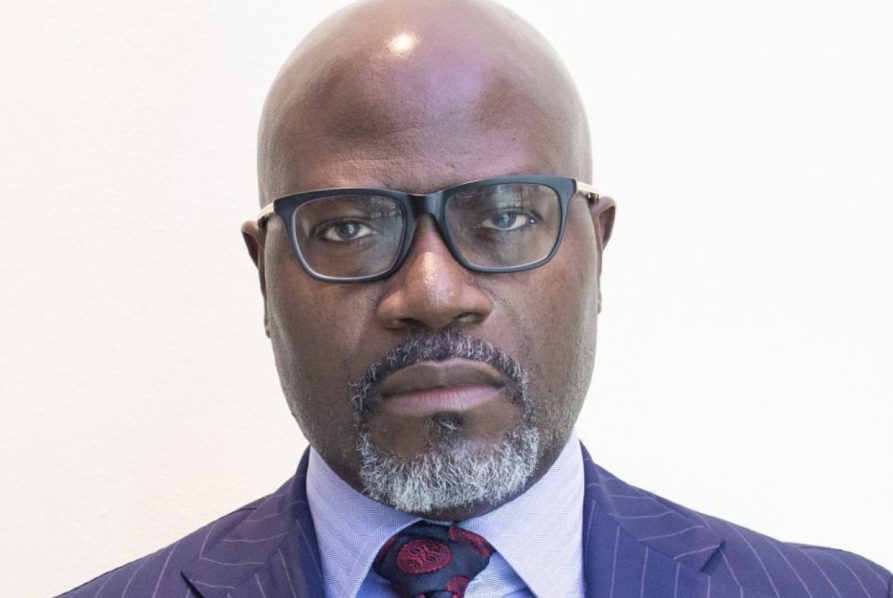
• Says energy infrastructure is export-driven
As the global energy transition accelerates, Africa faces a pivotal moment to redefine its energy sector, balancing development, sustainability, and access for its rapidly growing population, Executive Secretary of African Refiners and Distributors Association (ARDA), Anibor Kragha has said.
With over a billion people in need of affordable and reliable energy, Kragha, speaking at the Salon International Des Resources Extractive & Energetiques in Abidjan, Côte d’Ivoire, called for a holistic approach that prioritises both upstream (exploration and extraction) and downstream (refining and distribution) activities, urging the continent to “drill, baby, drill” while also advancing its capacity to “refine, baby, refine.”
Although Africa contributes less than three per cent of cumulative global CO2 emissions, and some nations on the continent are already net zero, Kragha said energy access remained a pressing challenge.
According to him, for Africa, the emphasis is not solely on aligning with global net-zero targets but on ensuring energy affordability and sustainability to drive economic growth and improve living standards.
This, he said, involves embracing cleaner fuels and innovative technologies to meet growing energy demands while minimising environmental impacts. While international pressure mounts for a swift energy transition, Kragha said there is a need for pragmatic solutions tailored to the continent’s unique circumstances.
He argued that achieving net zero prematurely could undermine Africa’s development goals, insisting that the focus should be on leveraging its vast natural resources efficiently to power industries, create jobs, and uplift communities.
“The narrative must shift to prioritising Africa’s development needs,” Kragha said, noting that energy transition policies should not exacerbate inequality by making energy unaffordable for millions of Africans.
The Executive Secretary added that addressing energy poverty remains paramount, as nearly 600 million people on the continent still lack access to electricity.
Kragha noted that Africa’s current energy infrastructure is predominantly export-driven, channelling crude oil and gas to global markets while neglecting domestic demand. This approach, for him, has limited the availability of affordable energy for local consumption, stifling industrial growth and economic diversification.
He emphasised that Africa must recognise its internal market potential and invest in infrastructure that caters to local needs, especially refining capacity, storage facilities, and distribution networks that ensure energy products reach underserved communities. “Africa’s energy systems should serve its people first,” Kragha noted while calling for robust policies to develop a self-reliant energy ecosystem.
Kragha stated that solving Africa’s energy challenges would require significant investments in funding and technology as access to financing remains a critical barrier, with African energy projects often struggling to attract international capital due to perceived risks. Bridging this gap, to him demands innovative financial instruments, government incentives, and stronger partnerships between public and private sectors.
Moreover, Kragha noted that technological advancements could revolutionize Africa’s energy landscape. To him, renewable energy solutions, such as solar and wind power, combined with cleaner fossil fuel technologies, offer a pathway to affordable and sustainable energy.
Kragha added that policies aimed at reducing emissions must consider the socio-economic realities of African countries, where energy affordability directly impacts the quality of life.
“The immediate goal should be delivering affordable energy solutions that uplift communities and drive development,” he stated.






